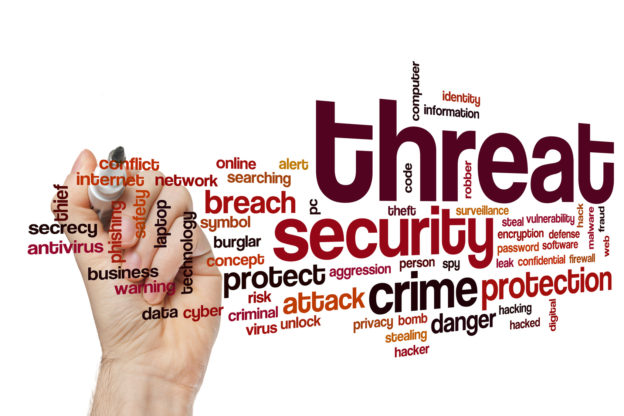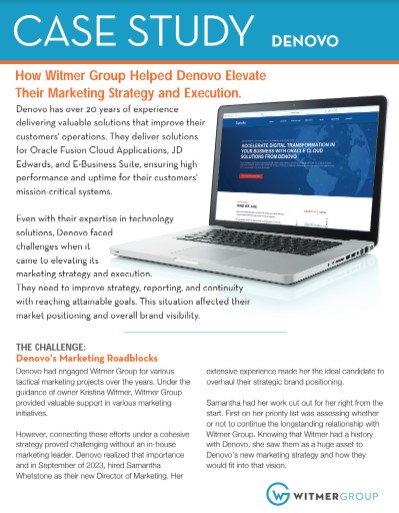In today’s digital age, the security of software systems has become more important than ever. With the rise of cyber attacks and data breaches, ensuring that your software is secure from malicious threats is crucial. This article will provide a comprehensive guide on how to protect your software from cyber attacks, outlining key measures such as regular security updates, strong encryption protocols, and thorough testing procedures. By implementing these best practices, you can enhance the security of your software and safeguard sensitive data from potential breaches.
Regularly update software
-
Keep software up to date with the latest security patches and updates.
-
Updates help protect against known vulnerabilities exploited by cyber attackers.
-
Visit our website for expert advice on software security.
Use strong, unique passwords
-
Use a combination of letters, numbers, and special characters
-
Avoid using easily guessable information like birthdays or pet names
-
Utilize a password manager to generate and store complex passwords securely
-
Regularly update passwords and avoid reusing them across multiple accounts
For more information on software security in the hospitality and travel industry, visit AnyAlpha Hospitality & Travel.
Install antivirus and anti-malware software
-
Install reputable antivirus and anti-malware software to protect your software from malicious attacks.
-
Regularly update these programs to ensure they can detect and remove the latest threats.
-
Learn more about software security on our website.
Secure network connections
-
Implement HTTPS for secure data transmission.
-
Utilize VPNs for encrypted connections.
-
Regularly update security protocols.
-
Monitor network traffic for anomalies.
-
Use firewalls to restrict unauthorized access.
-
Explore innovative solutions at our Food and Beverages page.
Implement multi-factor authentication
-
Utilize a combination of password, SMS code, biometric data, or security token.
-
Enhances security by requiring multiple forms of authentication.
-
Visit AnyAlpha for more information.
Regularly backup data
-
Use automated backup systems to regularly save data.
-
Store backups in secure locations to prevent unauthorized access.
-
Test backup and recovery processes to ensure data integrity.
-
Consider cloud storage solutions for offsite backups.
-
Implement data encryption to protect sensitive information.
For more information on ensuring software security, visit Mobile App Development in New York.
Conduct regular security audits and vulnerability assessments
-
Regularly review software security measures
-
Identify potential vulnerabilities and weaknesses
-
Utilize automated tools and manual testing
-
Ensure compliance with industry standards and regulations
-
For more information, visit our website
Educate employees on cybersecurity best practices
-
Conduct regular training sessions on identifying and avoiding phishing scams.
-
Teach employees how to create strong, unique passwords for all accounts.
-
Encourage the use of two-factor authentication for added security.
-
Instruct employees to update software and applications regularly.
-
Remind employees to be cautious when clicking on unknown links or attachments.
For more information on securing your software, visit AnyAlpha.
Stay informed about latest cyber threats and trends
- Regularly monitor trusted cybersecurity blogs and news websites.
- Join online forums or communities dedicated to cybersecurity discussions.
- Subscribe to mailing lists or newsletters from reputable cybersecurity organizations.
- Attend conferences, webinars, or workshops focused on cybersecurity.
- Utilize threat intelligence platforms for real-time updates on emerging threats.
For more information on ensuring software security, visit AnyAlpha’s web development services in Texas.
Implement secure coding practices
- Use code reviews, static analysis tools, and secure coding guidelines.
- Implement input validation, output encoding, and parameterized queries.
- Avoid using hard-coded passwords and sensitive information in the code.
- Keep dependencies up to date to mitigate security vulnerabilities.
- Follow the principle of least privilege and use secure APIs.
- Regularly update security patches and use encryption for sensitive data.
- Learn about OWASP Top 10 security risks and apply best practices.
For more information on secure coding practices, visit our website.
Conclusion
In conclusion, ensuring the security of your software requires a multi-faceted approach that includes regularly updating software, using strong and unique passwords, installing antivirus and anti-malware software, securing network connections, implementing multi-factor authentication, regularly backing up data, conducting security audits and vulnerability assessments, educating employees on cybersecurity best practices, staying informed about the latest cyber threats and trends, and implementing secure coding practices. By following these guidelines and remaining vigilant in the face of evolving cyber threats, you can significantly reduce the risk of your software falling victim to cyber attacks. Remember that cybersecurity is an ongoing process that requires dedication and proactive measures to stay ahead of potential threats.
To ensure that your software is secure from cyber attacks, it is essential to regularly update all software components to the latest versions. This includes operating systems, applications, and plugins. Additionally, implementing strong passwords, multi-factor authentication, and regular data backups can help mitigate the risk of cyber attacks.
For a comprehensive guide on how to enhance the security of your software systems, visit https://DeltaWriter.com. DeltaWriter provides valuable insights and best practices to protect your software from potential threats. Stay proactive in safeguarding your digital assets by following the latest security protocols and measures recommended by industry experts.

Director @Anyalpha, a Top Software Development Company offering Mobile App Development and Website Development Services to Businesses & Startups.


